
Recommendation
Brian Tracy is a master communicator who has made millions giving speeches and writing books. In this one, Tracy stresses that you must carefully plan every part of a speech, and that everything should flow logically from one idea to the next. Rehearse your speech until it is perfect. These are all great points. Their message? You must respect your audience and never waste its time. Unfortunately, Tracy sometimes doesn’t always heed his own wise counsel. In this book, he tends to reiterate certain pieces of information (especially his eight components of any long speech); This repetition is unnecessary, although the list and the pointers are valuable. Tracy possesses a wealth of knowledge about how to set up a speaking engagement, plan a speech and then communicate it with impact. Indeed, getAbstract confirms that you will find valuable nuggets of wisdom about public speaking on virtually every page of this book. Sometimes twice.
Summary
About the Author
Brian Tracy is an author of seminars and popular self-help books on leadership, sales, managerial effectiveness and business strategy. He is the founder and chairman of a California-based human-resource company.









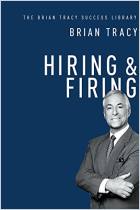
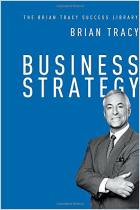
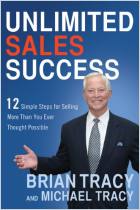
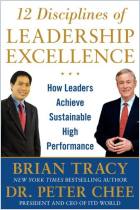
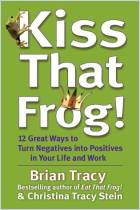

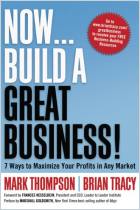
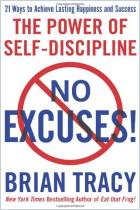
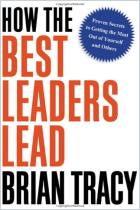
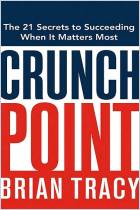

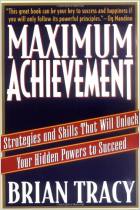

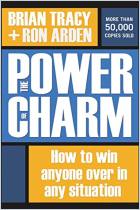
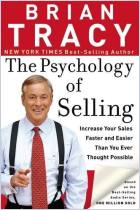


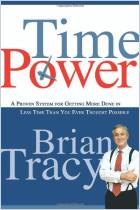



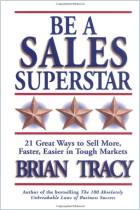

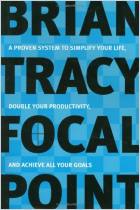

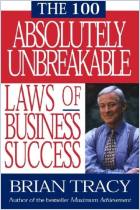
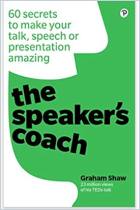
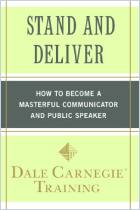
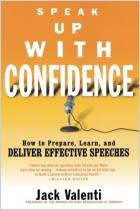
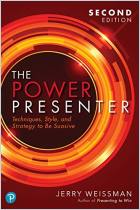
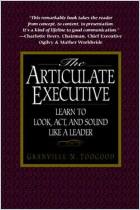
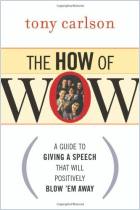





Comment on this summary or Start Discussion